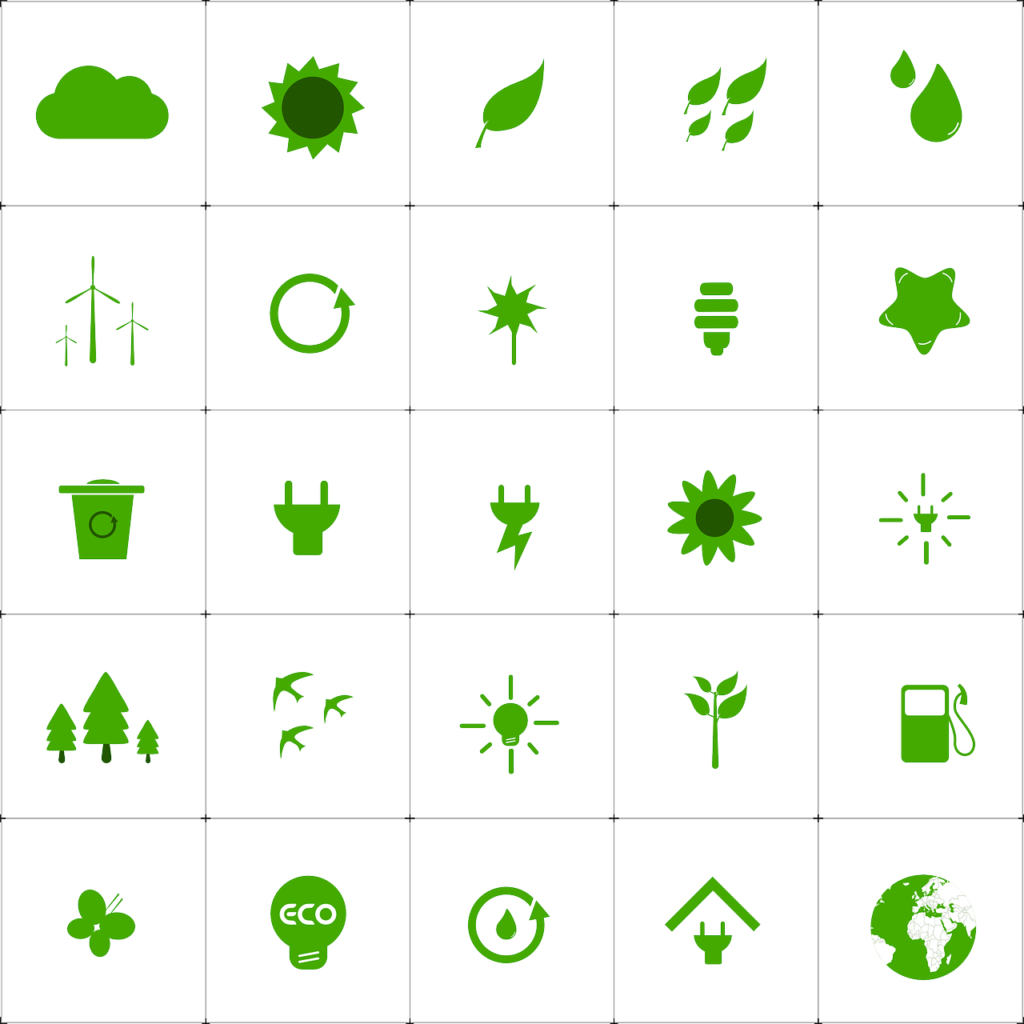Let us first look at a short story
It’s a story about a king who lived in a land full of natural resources. The kingdom known as Ocolasia had the most coal and oil resources. For decades, King Gerood sold coal and oil happily to whoever wanted it. It was a seller’s market, and Ocolasia dictated terms on the prices of coal and oil. They reduced supply when they wanted and increased supply when they wanted. They had a strong R&D ministry whose head was Dr. Eino. Eino found out about global warming way back in the 1960s, and had informed King Gerood about it. Now, King Gerood couldn’t let go of all his oil and coal wealth, so he started funding anti-climate change research. He bought a media company to supress all the climate change stories.
Years later, a new kingdom gained power in the world known as Solawina. Kingdom had to import coal and oil for all its energy needs. They were a manufacturing powerhouse and had large energy needs. Queen Sofia decided to harness the power of sun and the wind. They had manufacturing to build capacity rapidly to develop solar modules and wind turbines. Now they wanted to sell their product to rest of the world. They knew climate was changing due to increasing greenhouse gases in the environment. They started funding climate change research and spreading awareness about climate change.
So, who would win the battle of climate change? King Gerood or Queen Sofia. Both are powerful, both want to continue to become wealthier, and neither wants to give up their resources/strengths. What would you do, if you sit on a heap of gold, and someone says the gold is worthless?
Need for Energy
People need energy like water, food and shelter. They need it to charge their phones, to move around, to heat/cool their homes, for lighting and so on. And there are people who supply that energy. They sell gasoline, diesel, coal, electricity etc. Now more people entered in energy domain, and they want to sell solar, wind, hydrogen and so on. To show their product to be better, they have to show the other isn’t that great.
Limitations of Solar
Solar can only work in the day, it is not reliable. Coal produces pollution, not just CO2, but PM10, PM2.5, NOX, SOX pollution. Oil fills the cities with smoke, and it gets harder to breath. Wind has its seasons. Battery storage is expensive and has limitations. What if there are no minerals to make batteries ? Nickel, copper, lithium and cobalt are not very freely available. We wait for the day when wars would be fought on cobalt or nickel. People fight for resources. And people fight for markets.
Stakeholder Priorities
Governments, have many priorities. They have to look at jobs that coal and oil seem to provide. Their focus is short term, to win the next election. People vote on short term priorities. They would always prefer jobs over environmental concerns, unless there is an emergency. Coal lobby or Oil lobby can of course try to change government policies or public opinion. Then there is international pressure. Banks like low risk constant return loans. They would fund any project that would give back their investment with returns. If they have investment in coal and oil, they would naturally protect it. They would sit on the fence till they get back their money. They would fund projects in developing countries where they expect good returns, would stop where public sentiment is against Coal & Oil. It’s all about risk for them.
Hydrogen
Hydrogen is not an energy source like solar, wind or oil, but an energy carrier, like electricity. So it has to compete with electricity. Where there are limitations with electricity, e.g., laying cables, or heavy industry or transport, hydrogen comes in. Hydrogen technologies may contribute to cutting CO2 emissions from heavy manufacturing such as iron, steel and concrete production, which together account for nearly half of industrial carbon pollution. It is also used in manufacturing ammonia for fertilisers, and research is going on to use hydrogen in trucks, ships and planes.
There are different ways hydrogen can be produced, and here comes the battle between nations and companies. Green hydrogen is the cleanest form but also expensive, as it is produced from water by electrolysis using renewable electricity. Brown hydrogen uses coal, making it the dirtiest and cheapest, while grey hydrogen is the commonest form, made from natural gas. Blue hydrogen uses ‘carbon capture,’ to make grey more environment friendly and is being explored as an alternative, or a complement, to green.
Large oil companies cannot let go of their resources or natural gas. So they are pushing for blue hydrogen, so they can continue to pumping fossil fuels out of the ground for decades to come.
China and Europe would compete on green hydrogen, however, most likely with solar domination; China would control the green hydrogen market. According to news, they have started investing in large scale electrolysers, which would reduce costs in say 10 years. Europe has offshore wind plus hydrogen, but that cannot be scaled around the world. Solar plus electrolyser is the way to go.
Hydrogen also has to compete with energy storage medium like batteries; currently it is more expensive and less efficient for short term storage. But as demand increases for long term storage i.e. in days, not minutes, hydrogen would look more promising. And of course it doesn’t take much time to replenish. It as quick as filling a gas cylinder in comparison to batteries which take hours to charge.
Where is India in Hydrogen? We are still waiting for policy on Hydrogen in India. Some companies are doing pilot projects- however at this pace; India can only hope to import hydrogen or technology in the future from China, Europe or America.







